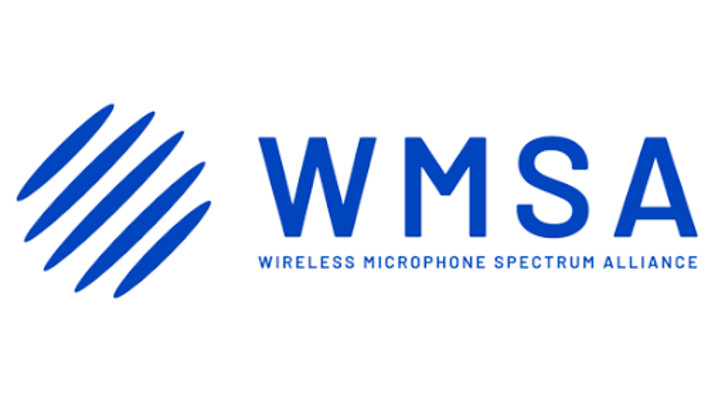The professional video industry's #1 source for news, trends and product and tech information. Sign up below.
You are now subscribed
Your newsletter sign-up was successful
Low-power television (LPTV is considered a secondary service, which means that primary users of the spectrum (until now, TV stations) could force them off their channels. FCC Chairman Tom Wheeler recently painted a better future for LPTV stations—at least in rural areas—in a letter to Representative Steven Horsford. Horsford had earlier asked the Commission to consider the impact of the upcoming incentive auction on rural, over-the-air, low power TV (LPTV) and TV translator stations.
(LPTV licensees are also concerned that the FCC's plans for repacking UHF TV stations into less spectrum and auctioning off the rest to wireless companies would wipe out their stations, as the Spectrum Act offered no additional protection to low-power TV broadcasters.)
"LPTV and TV translators play an important role in providing information to consumers and businesses in rural communities," said Wheeler. In his letter, he noted: "I have recommended to my fellow Commissioners that we seek to clear a consistent amount of spectrum on a near-nationwide basis in the Incentive Auction, and not maximize the amount of spectrum recovered in rural areas. After the Incentive Auction, spectrum will remain available in many rural markets to accommodate LPTV and translator stations."
Many LPTV and translator stations serve small communities and have insufficient funding to pay for the channel changes some stations may require after repacking. Chairman Wheeler offered some encouragement, stating: "To help accommodate some of the needs of LPTV and translator stations following the auction, I have recommended to my fellow Commissioners that these stations be permitted to remain on their existing channels during the transition period after the Incentive Auction, unless or until notified they interfere with the primary service, and that we open a special filing window for displaced stations to request new channels."
Wheeler said the FCC will initiate a proceeding for addressing other LPTV and translator issues that are related to the incentive auction, stating that the proceeding would explore options for LPTV and TV translators to remain in serve their communities. Further the proceeding could include the seeking of comment on possible extension of the LPTV digital transition deadline, as well as on channel sharing for LPTV broadcasters.
It's too early to say whether Chairman Wheeler's recommendations will become law and how much spectrum will remain in rural areas, but at first look they offer at least some hope to operators of TV translators, LPTV stations and--although not mentioned in the letter--the future of rural TV band white space devices after the repacking.
The professional video industry's #1 source for news, trends and product and tech information. Sign up below.

Doug Lung is one of America's foremost authorities on broadcast RF technology. As vice president of Broadcast Technology for NBCUniversal Local, H. Douglas Lung leads NBC and Telemundo-owned stations’ RF and transmission affairs, including microwave, radars, satellite uplinks, and FCC technical filings. Beginning his career in 1976 at KSCI in Los Angeles, Lung has nearly 50 years of experience in broadcast television engineering. Beginning in 1985, he led the engineering department for what was to become the Telemundo network and station group, assisting in the design, construction and installation of the company’s broadcast and cable facilities. Other projects include work on the launch of Hawaii’s first UHF TV station, the rollout and testing of the ATSC mobile-handheld standard, and software development related to the incentive auction TV spectrum repack. A longtime columnist for TV Technology, Doug is also a regular contributor to IEEE Broadcast Technology. He is the recipient of the 2023 NAB Television Engineering Award. He also received a Tech Leadership Award from TV Tech publisher Future plc in 2021 and is a member of the IEEE Broadcast Technology Society and the Society of Broadcast Engineers.
